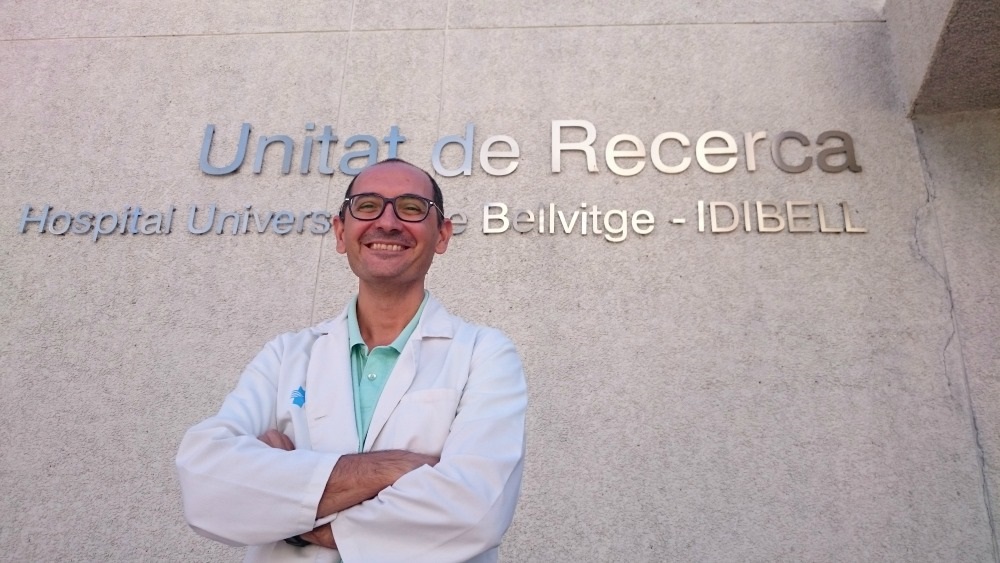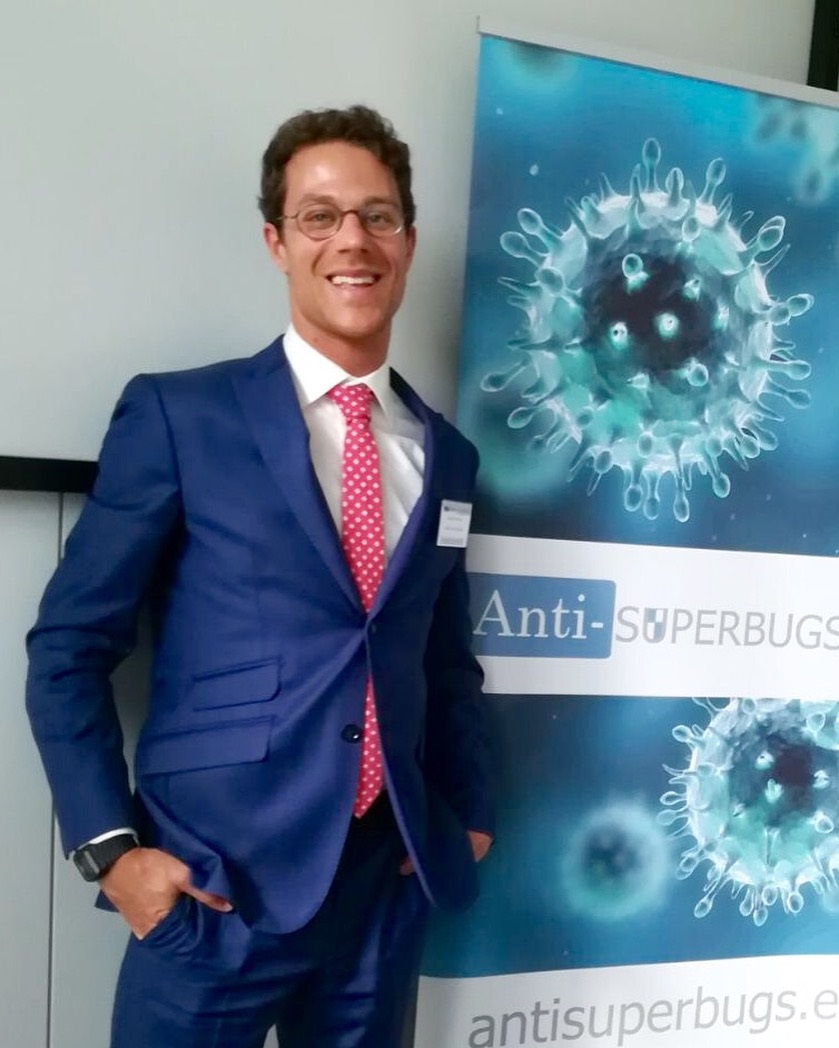 The healthcare market is one of the areas with the greatest purchasing impact in the public and private sector in Spain with a business turnover of 71 billion euros annually. It is a very complex market where the formulas used for purchasing both consumer goods and drugs, and services depend on the centres themselves. However, they also depend on the local regulations of suppliers, autonomous regions as well as state and community legislation.
The healthcare market is one of the areas with the greatest purchasing impact in the public and private sector in Spain with a business turnover of 71 billion euros annually. It is a very complex market where the formulas used for purchasing both consumer goods and drugs, and services depend on the centres themselves. However, they also depend on the local regulations of suppliers, autonomous regions as well as state and community legislation.
This complexity does not only make it impossible for companies to make their products or services available to procurers but it is also often the interested parties in the purchasing that see the inclusion of these produces in their centre and their accessibility to their staff as a truly impossible mission.
And this is a whole lot more difficult when it comes to incorporating new technologies that meet the real needs of professionals.
In a panorama where investment in research and development is at its lowest point in recent decades, having a pre-commercial public procurement project subsidised by the European Union with 3 million euros is a big opportunity for companies that can offer their R+D services to create innovation which responds to the real needs of professionals.
 An innovative public procurement project is an approach to innovation based on demand, where a group of procurers combine their resources to share risk in a joint R+D effort in the industry to provide solutions to needs which are not being met by the market. In the case of our project, it would be an ICT solution aimed at the early detection of microorganisms resistant to antibiotics (superbugs) in a healthcare environment, the Antisuperbugs project, coordinated by Jean Patrick Mathieu of the Agency for Health Quality and Assessment of Catalonia (AQuAS).
An innovative public procurement project is an approach to innovation based on demand, where a group of procurers combine their resources to share risk in a joint R+D effort in the industry to provide solutions to needs which are not being met by the market. In the case of our project, it would be an ICT solution aimed at the early detection of microorganisms resistant to antibiotics (superbugs) in a healthcare environment, the Antisuperbugs project, coordinated by Jean Patrick Mathieu of the Agency for Health Quality and Assessment of Catalonia (AQuAS).

The consortium coordinated by the AQuAS, an expert institution in the definition and execution of public procurement projects in innovation in Spain, consists of 6 contracting authorities (the Catalan Institute of Oncology – IDIBELL (ES), Hospital Mútua of Terrassa (ES), Sheffield Teaching Hospitals NHS Foundation Trust (UK), Helios Kliniken (DE), Universitaetsklinikum Aachen (DE) and Autonomous Province of Trento (IT)), and two expert institutions in their area of research at RISE ACREO (SE) and Sara Bedin (IT).

Enric Limon of the VINCat Programme (Surveillance of Infections) of the CatSalut, principal researcher of the project, sees having a detector of microorganisms resistant to antibiotics as a business opportunity for a company. In the United States, Asian and European Union markets, solutions are being sought that will make it possible to have a rapid detection system that activates early detection mechanisms. The resistance of certain microorganisms to antibiotics is creating a situation of alarm across the world to which the World Health Organisation (WHO) itself has drawn attention, estimating a figure of 50 million deaths in the years to come if adequate measures are not taken. The successful tendering companies will not only have access to funding but also receive the support of hundreds of professionals from six European institutions at the highest level in research and a potential market in a first phase of hundreds of hospitals and healthcare centres interested in purchasing a solution that they themselves have helped create.

Gonçalo de Carvalho, expert biologist in resistances at the Catalan Institute of Oncology, explains the need for this project to consider the possibility of creating new modules that when applied to the technologies themselves enable new detections to be made which makes purchasing them even more attractive to health institutions by adapting them to their own needs.
The tender which will be opened to companies in the next few months forms part of the Pre-Commercial Public Procurement programmes funded within the European Commission’s H2020 framework of reference. All the information regarding the Antisuperbugs project and the tendering options are available on the website of the project.
Interested companies can access the questionnaire of the open call of the market.
There is also the option for companies to offer their availability by putting in a tender as a consortium.
Post written by Jean Patrick Mathieu, Enric Limon and Gonçalo de Carvalho.




